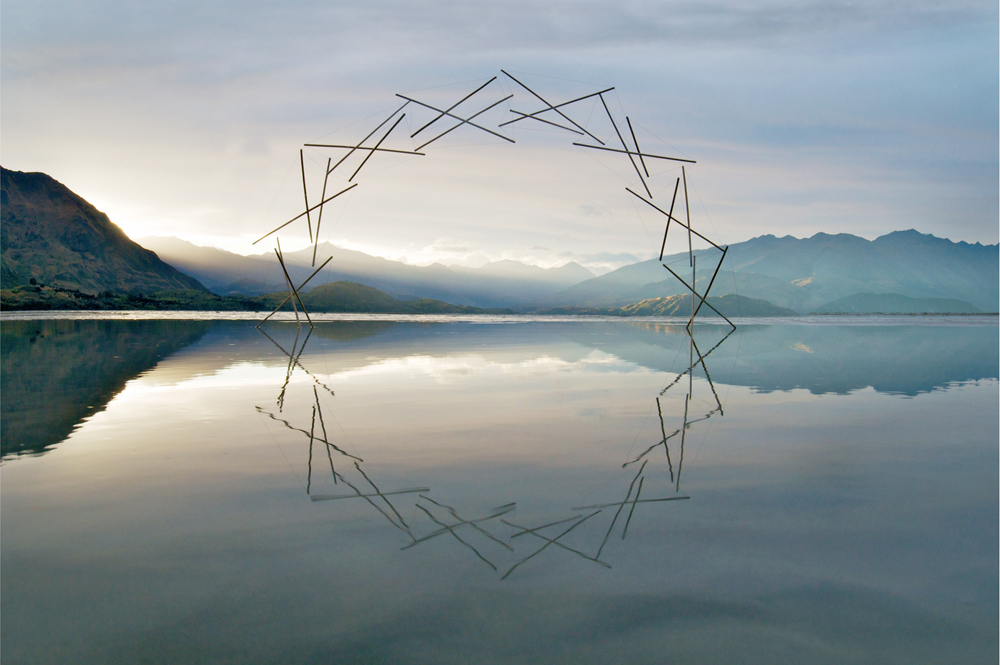For Wisdom. And Release.
Ajahn Sucitto recently led a retreat (in Madison, Wisconsin!) so I’ve been listening to a lot of his new talks.
Here’s an excerpt from one (which I didn’t really like all that much at first) but which I now really love and can’t stop “listening to” in my head — especially the very last part (of which there is considerably more than I have transcribe below). I strongly recommend listening to that part, instead of just reading it — but do it in a quiet place, where you can really take it in.
***
“We can get an image of ourselves as being regarded by others or being regarded by our own attitudes, as not coming up to what we should be or could be. And we do the same thing toward other people.
“We pick on some particular feature that is not agreeable and we make that the total story of what they are. In this way we create objects — perceptions — that are steeped in (for example) ill-will. Or we create objects that are molded by agitation. Or doubt…
“Then once we create the object, the object justifies the way in which we regard it: He did this and he did that, therefore he is an unpleasant person. I dislike him. How could you possibly not dislike him. He does this and he does that….
“Or we do that towards ourself: Other people don’t like me, I’m not good enough…
“With wise reflection, one begins to recognize that this quality of ill-will is uncomfortable for myself. It’s making my heart sour and bitter. This is of no gain for me. This is a great loss. Whereas I could, instead, feel a sense of warmth, of ease, which would be much better…
“Is it possible, just in that, to sense: Oh, this is painful. It’s not worthy of me. It’s not going anywhere useful. Is it possible to acknowledge that and then…Relax…Pause….Stop.
“Maybe it’s not. Maybe this habit is just so ingrained that one’s mind runs down it. Then perhaps one can begin to consider: Well, OK, but at least I’m not going to act on it in terms of speech and physical action.
“That will have an effect. It will begin to, you know, put up a bar against it. And by at least stemming that tide, it’s beginning to weaken the power of that kamma.
“This is actually a merciful teaching. What we can’t do in meditation alone, we can perhaps do in terms of curtailing actions of body and speech, and that helps. And in going against the grain of that, it’s possible for insights to arise from moments of having resisted it, and having used resolution to withstand it — and the tide can drop….
“So, through this process of letting go, supportive properties come into awareness. And then as we linger in those, stay in those, feel those, sample those….we are being held constantly, steadily…against the flows, the out-flows, the currents of suffering and stress…then the turning of the tide can occur….
“And we begin to sense the flow…. we turn, time and time again…to the sign of release, or the sign of comfort, or the sign of ground, or the sign of… you know… whatever you want to call it… where the tides drop, where suffering abates, where the intensities release…
“That then becomes one’s meditation object.
“Dwell in it. Breathe in it. Feel what your breathing is like when that occurs — the sense of the space around and through your body, the energy levels when that occurs, the qualities of materiality, the energy bodies… Feel what occurs when that occurs.
“In this way you deepen and add dimension to that. You build it up. You make an investment of that. Then that becomes a more solid refuge and a “bar” to the tide of suffering and stress.
This is called: Careful thinking, skillful thinking. It is to be cultivated. For wisdom. And release.
***
This excerpt has been pretty heavily edited. Click here to listen to the full talk.

